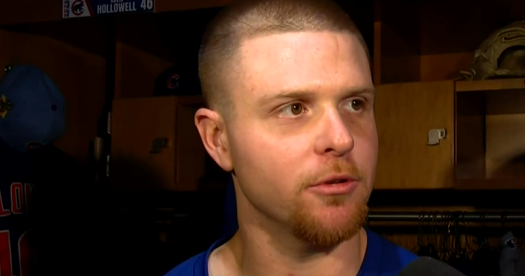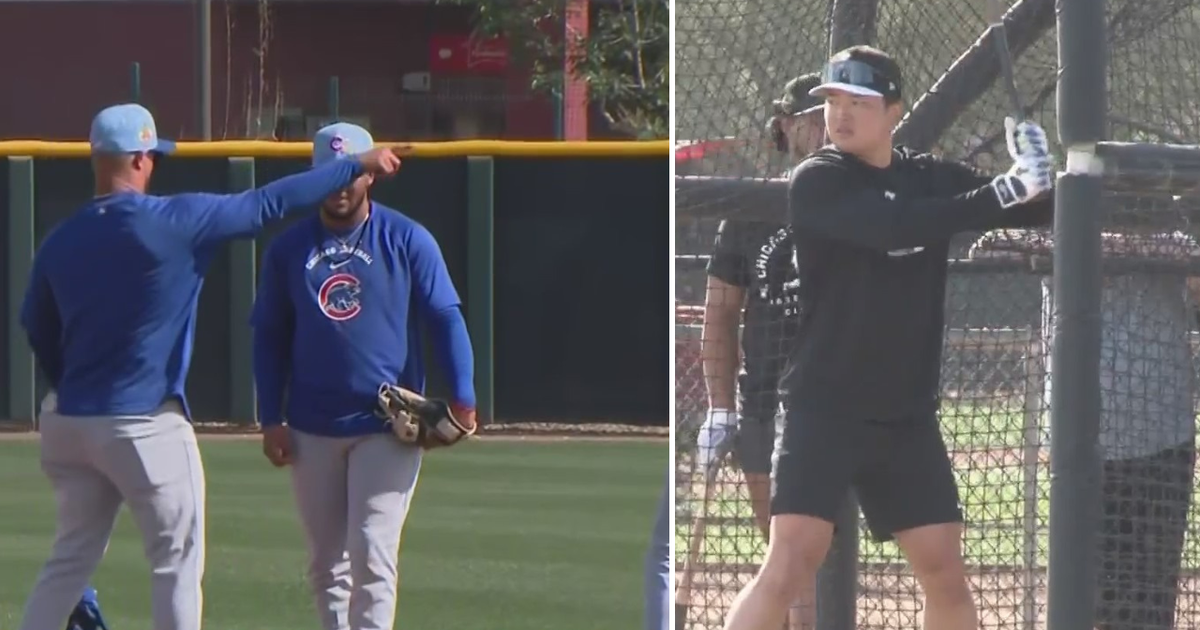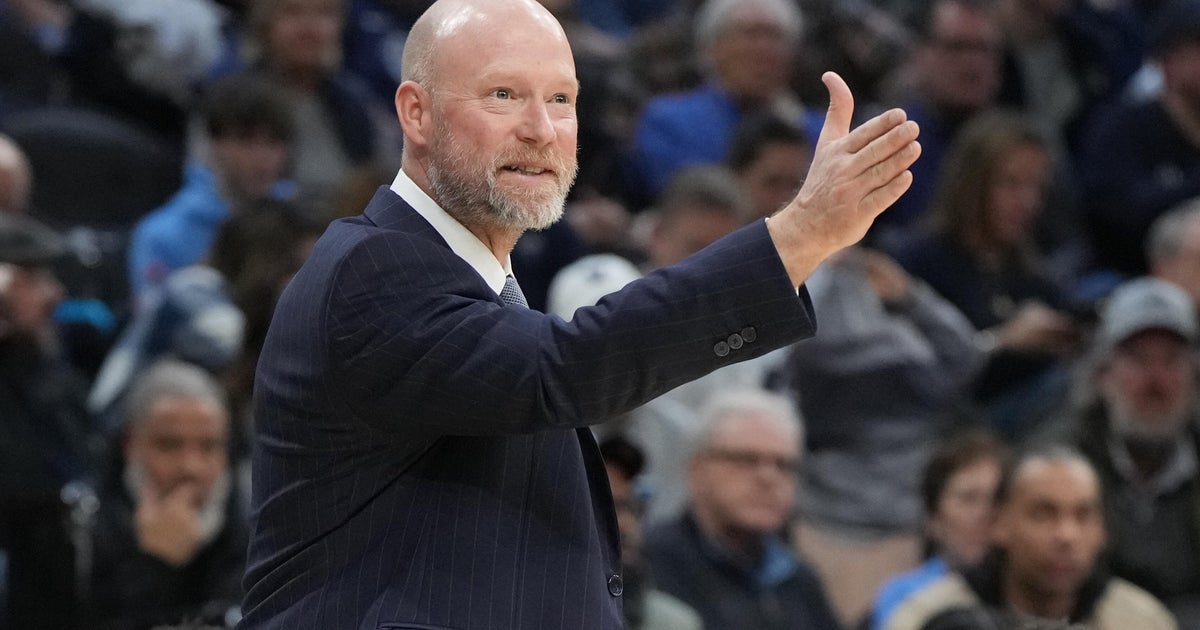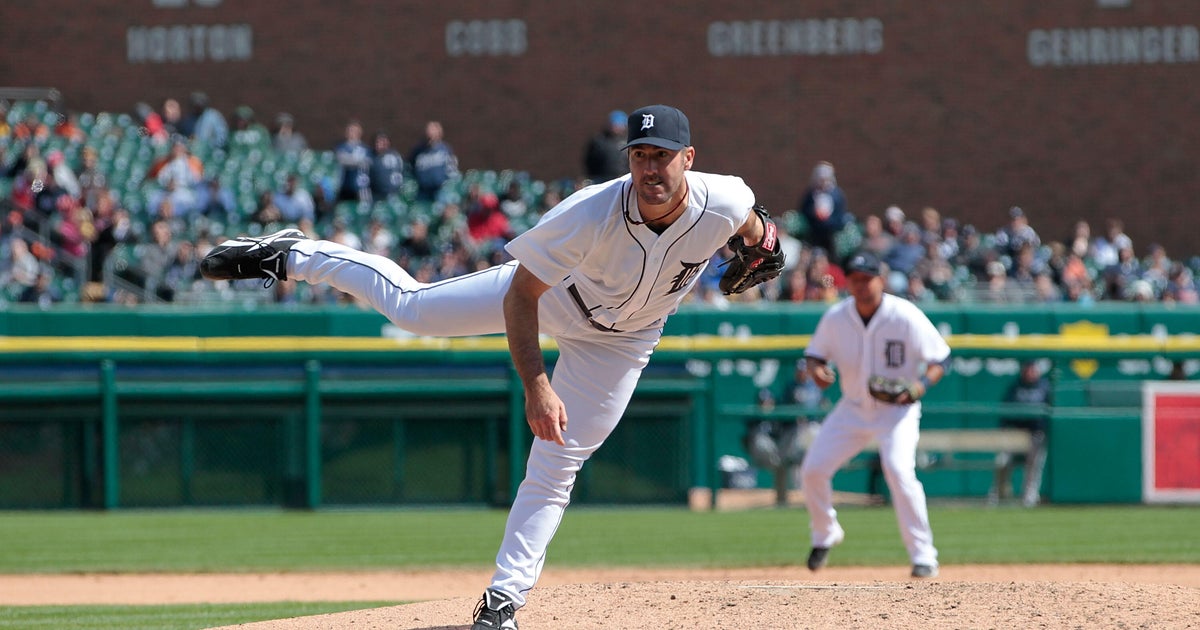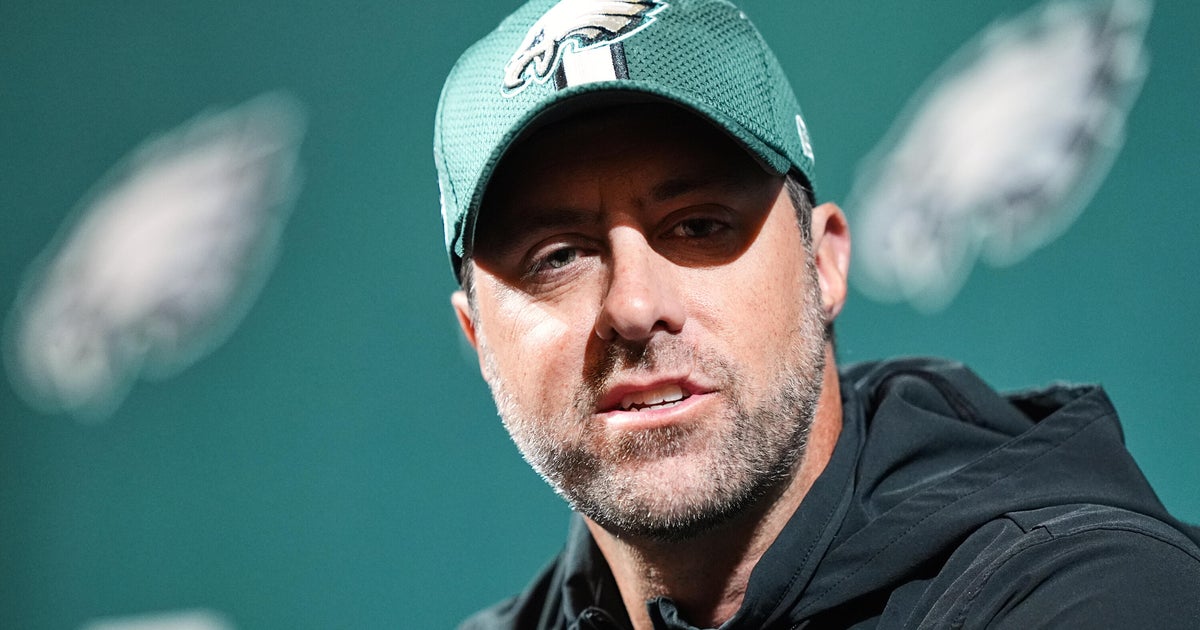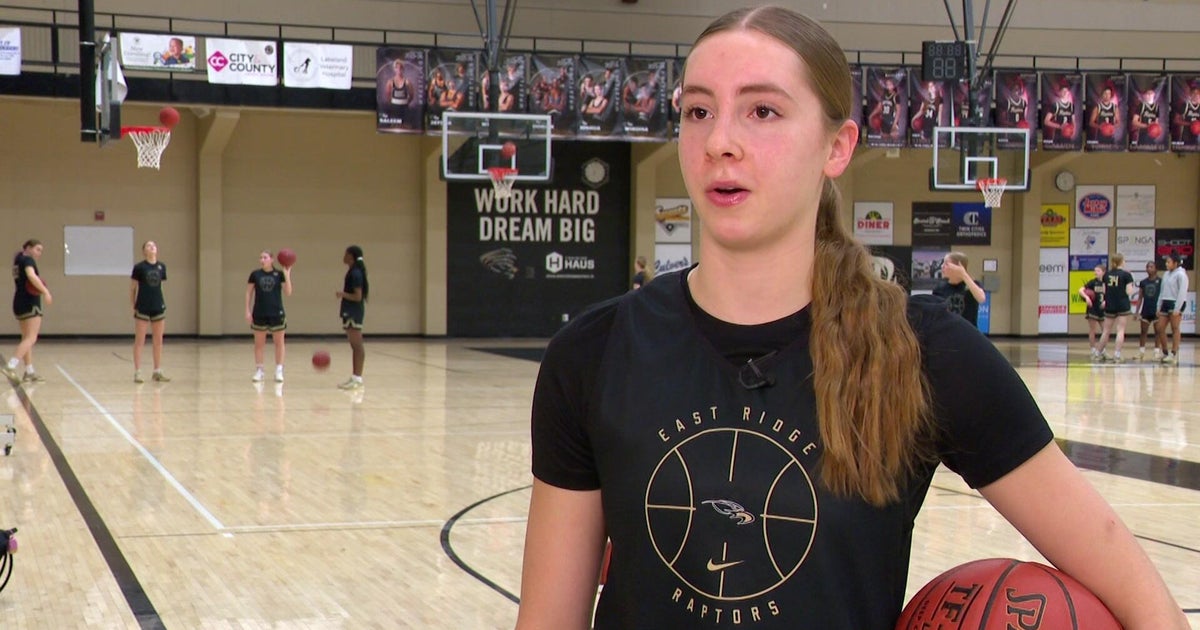Wisch: Trading Sean Marshall Was A Mistake
By Dave Wischnowsky –
(CBS) Last season, after a frustrating loss in the early stages of what turned out to be a sadsack 71-91 campaign, Cubs pitcher Carlos Zambrano uttered a postgame malaprop that couldn't have been more apropos.
"We stinks."
This year, the team's bullpen could adopt that motto.
On Tuesday afternoon in St. Louis, the North Siders dropped another game because the back end of their pitching staff failed them in the late innings. Once again.
This time, it was a collective flop as Kerry Wood walked two and blew a one-run lead in the seventh inning. James Russell – one of the bullpen's few consistent bright spots – then gave up a go-ahead homer in the eighth. And finally, with two outs in the ninth, after the Cubs had rallied to tie in the top of the inning, closer-by-attrition Rafael Dolis finally coughed up the winning run for a 7-6 defeat.
The loss – which followed an exciting victory over the Redbirds on Monday – left the Cubs at 15-21 and tied for last place in the NL Central, six games behind the division-leading Cardinals. It also left me asking once again, why exactly did the Cubs trade Sean Marshall last winter?
This past offseason, a week after calling Marshall the best left-handed reliever in the National League, Cubs President of Baseball Operations Theo Epstein decided to ship the 29-year-old off to Cincinnati for 25-year-old southpaw starter Travis Wood and a pair of prospects.
In later interviews, Epstein acknowledged Marshall – the most reliable cog in the Cubs' bullpen in recent years – is the type of pitcher an organization wants, but that the Cubs needed to look at the bigger picture.
With the Cubs, Marshall was under club control for just one more year. He was to become a free agent after the 2012 season and, under Major League Baseball's new basic agreement, he could have left with the Cubs not receiving any compensation.
Now, I'd emphasize could in that statement since we'll never really know if Marshall would have left the Cubs, or if he might have accepted a smaller deal to stay in his adopted hometown. It was just last year, after all, that Marshall appeared ready to settle down in Chicago when he bought a $1.3 million home in north suburban Lincolnwood.
Epstein, however, had said: "With what we're trying to accomplish, which is not just win the World Series in 2012 but build something bigger and more sustainable for the long-term, what's more valuable to us? One season worth of Sean Marshall or five seasons worth of a 25-year-old left-handed starting pitcher who can go into our starting rotation … and two prospects we like a lot."
I understand that rationale. But I still don't agree with it.
My biggest beef with Theo & Co. this past offseason was how they addressed – or failed to address – the Cubs' bullpen. I mean, look at the pen's events since last fall: Jeff Samardzija was moved to the rotation, Kerry Wood aged another year and Carlos Marmol clearly showed he isn't what he once was.
Those three concerns alone left huge issues for the Cubs' bullpen. But then the franchise exacerbated thing even further by dealing away their best reliever in Marshall, while failing to replace him – or anyone of the other aforementioned guys – with anything but question marks.
Now, perhaps Travis Wood will ultimately pan out for the Cubs, but a guy with an 11-10 career record was hardly a slam-dunk acquisition for Marshall. After all, lefty relievers who can also close don't grow on trees.
Money doesn't, either, of course. But it also baffles me how so many Cubs fans have been convinced that Marshall HAD to be traded. That the team simply had no choice. That's bull. This isn't "Moneyball." The Cubs aren't working with a pauper's budget akin to Billy Beane's Athletics.
Tom Ricketts has the cash to afford an expensive left-handed reliever, if he's a good one. And, again, we don't know just how expensive Marshall would have ended up being – or not being – for the Cubs.
Beyond that, others have expressed concern about Marshall's age. He'll turn 30 in August, not 40. And why that's such a worry is also beyond me. Since the dawn of baseball, good left-handed relievers have regularly pitched effectively well into their late 30s. Marshall certainly could be valuable at least into his mid-30s.
I've heard all the arguments for why the Cubs traded their best reliever, and none of them has been compelling enough for me to get on board. I don't think it was a smart move, and unless Travis Wood becomes a front-line starter -- not just a No. 4 or 5 guy -- then I doubt that I ever will.
This Cubs team's bullpen badly misses Marshall, who has six saves for Cincinnati this season. And if he was in Chicago, the Cubs – remarkably enough – might actually be a divisional contender. There's no reason why rebuilding and remaining competitive have to be mutually exclusive.
"We have a good team," Bryan LaHair said on Tuesday after hitting his 10th home run in the loss to the Cards. "As long as we stick together and continue playing like we're playing, we'll have a chance."
They'd have a better chance with Sean Marshall in the pen.
The fact that they don't? Well, "it stinks."
If nothing else, Dave Wischnowsky is an Illinois boy. Raised in Bourbonnais, educated at the University of Illinois and bred on sports in the Land of Lincoln, he now resides on Chicago's North Side, just blocks from Wrigley Field. Formerly a reporter and blogger for the Chicago Tribune, Dave currently writes a syndicated column, The Wisch List, which you can check out via his blog at http://www.wischlist.com. Follow him on Twitter @wischlist and read more of his CBS Chicago blog entries here.
